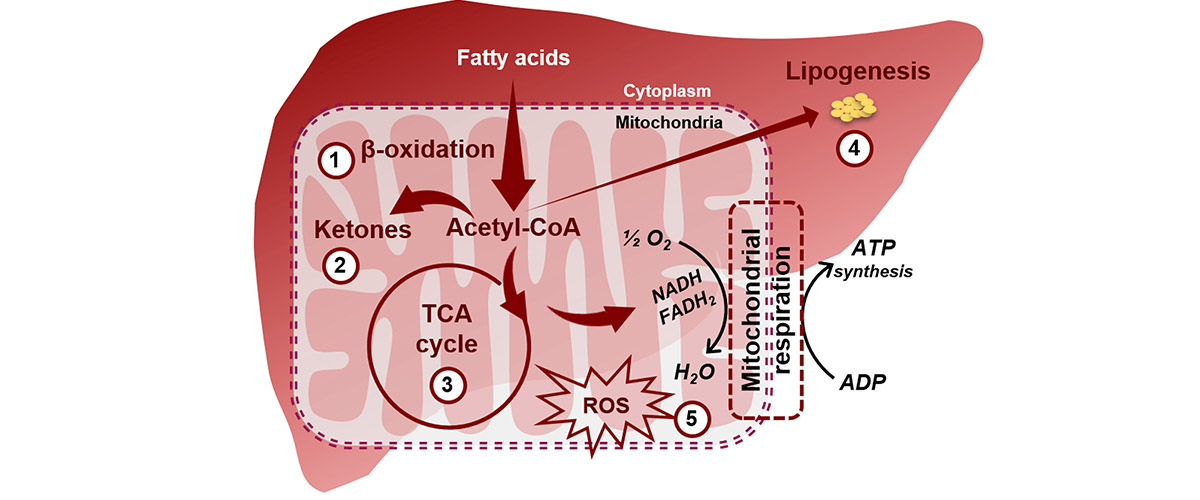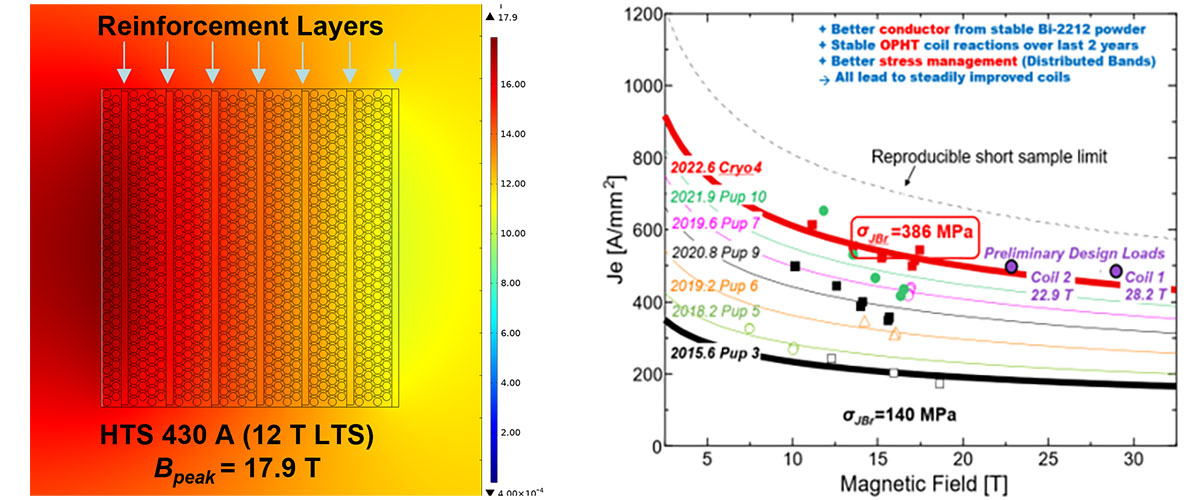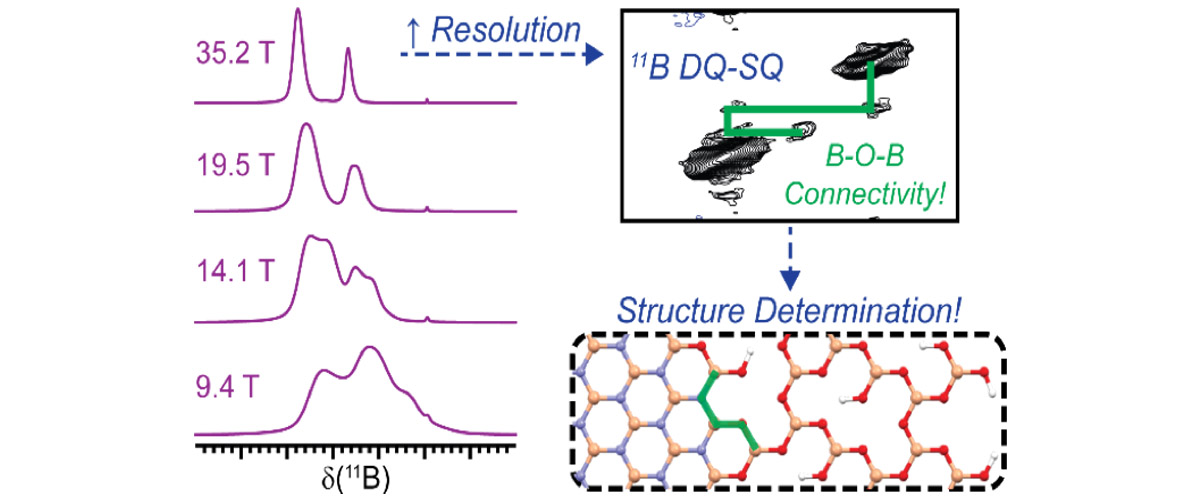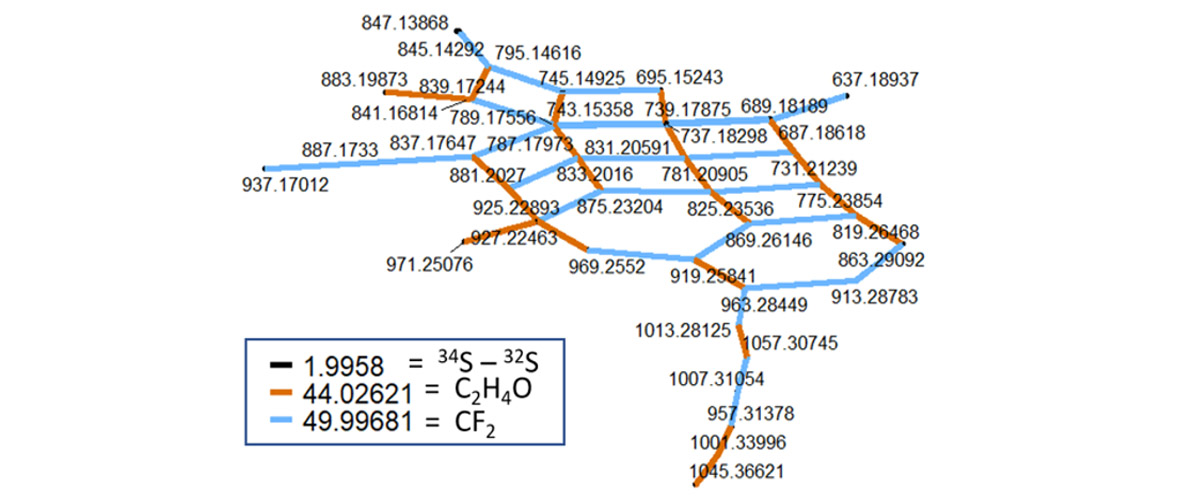What did the scientists discover?
MagLab users fed mice low fat diets, high fat diets, and a high fat diet that included "Ketogenic” elements (low in carbohydrates, moderate in proteins). Adding 1% deuterium to drinking water, they were able to use deuterium magnetic resonance to track how lipids are synthesized in response to diet.
The ketogenic addition to a high fat diet significantly slowed new lipid synthesis, but also showed complicated effects on energy balances.
Why is this important?
Non-alcoholic Fatty Liver Disease and its subsequent progress to more serious disease will become the main cause for liver transplantation in the next 5 years. No drugs exist for treatment of non-alcoholic fatty liver disease, as the metabolic trigger for transition to more serious disease is still unknown.
Ketogenic diets are now commonly being suggested as a means of lowering levels of hepatic fatty acids. This research provides important information on the effects of a ketogenic diet on lipid synthesis at the molecular level.
Who did the research?
M.S. Muyyarikkandy1, M. McLeod2, M. Maguire1, R. Mahar2, N. Kattapuram1, C. Zhang1, C. Surugihalli1, V. Muralidan1, K. Vavilikolanu1, C.E. Mathews2, M.E. Merritt2, and N.E. Sunny1
1University of Maryland, College Park, MD; 2University of Florida, Gainesville, FL
Why did they need the MagLab?
The MagLab's AMRIS Facility has a CryoProbe and 14.1 T field strength for magnetic resonance has the high sensitivity needed to see these types of metabolic differences.
Details for scientists
- View or download the expert-level Science Highlight, Using Magnetic Resonance to Probe Lipid Synthesis in Response to Ketogenic Diet
- Read the full-length publication, Branched chain amino acids and carbohydrate restriction exacerbate ketogenesis and hepatic mitochondrial oxidative dysfunction during NAFLD, in FASEB Journal.
Funding
This research was funded by the following grants: G.S. Boebinger (NSF DMR-1644779); N. Sunny and M.E. Merritt (NIH R01DK112865)
For more information, contact Joanna Long.






